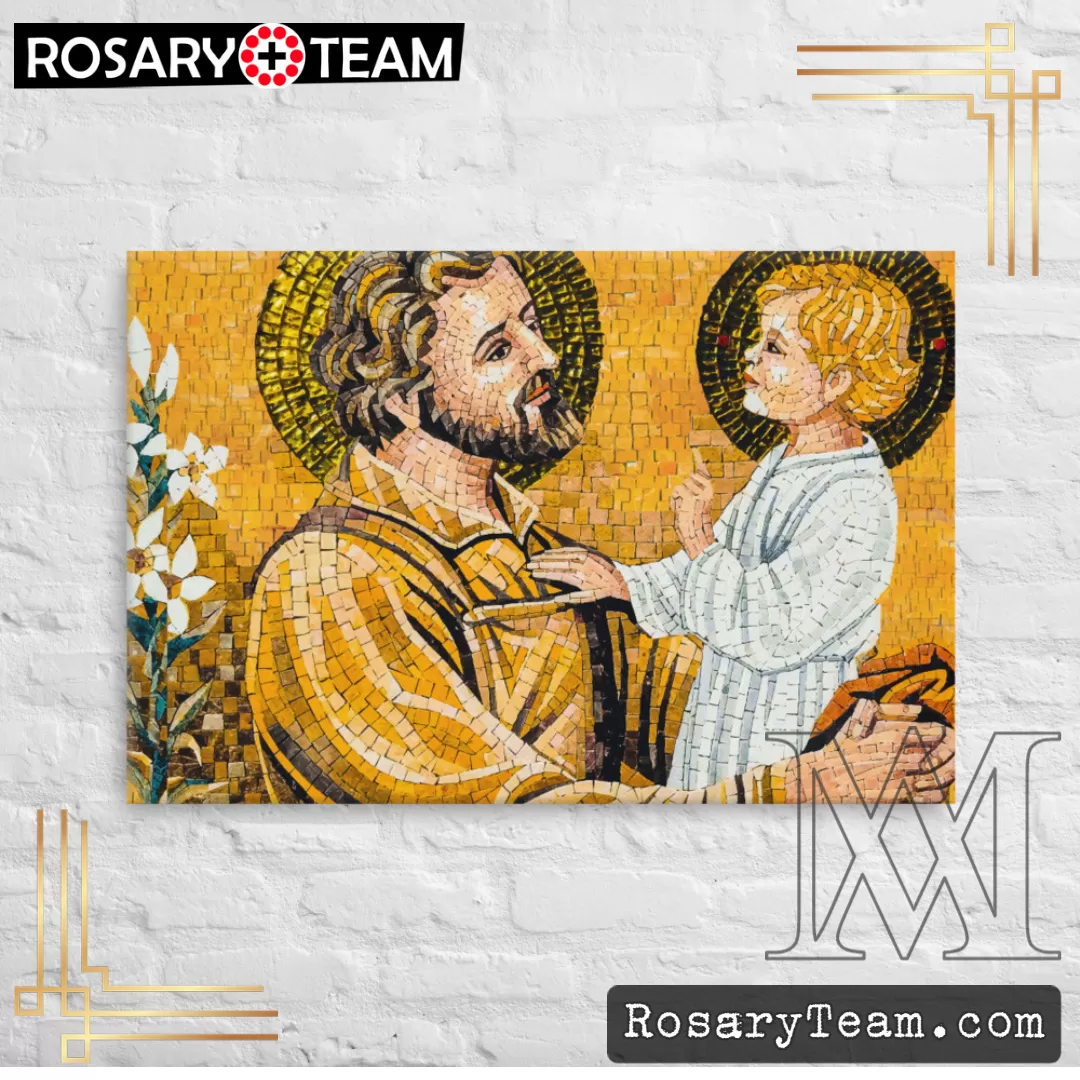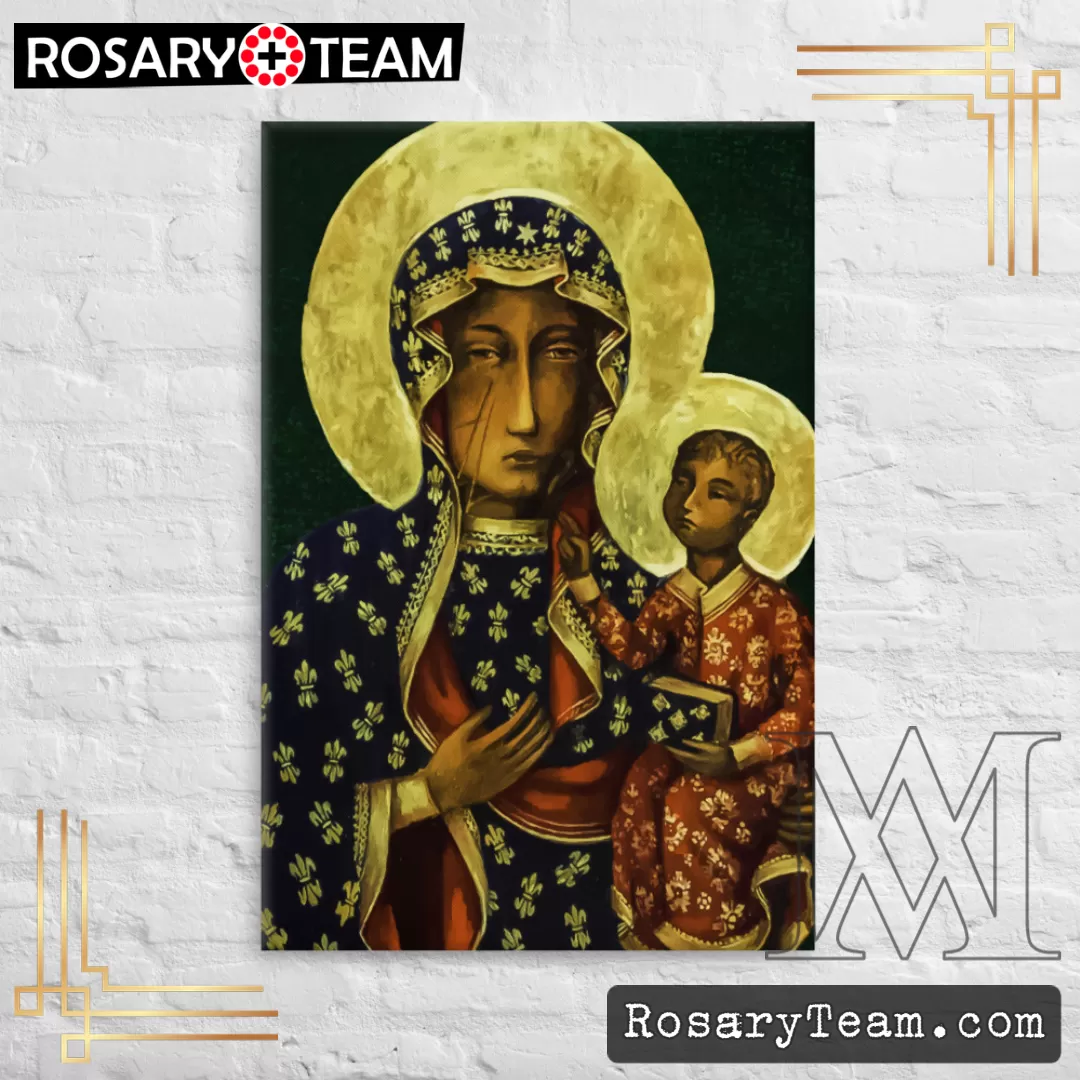As King Antiochus was traversing the inland provinces, he heard that in Persia there was a city called Elymais, famous for its wealth in silver and gold,
and that its temple was very rich, containing gold helmets, breastplates, and weapons left there by Alexander, son of Philip, king of Macedon, the first king of the Greeks.
He went therefore and tried to capture and pillage the city. But he could not do so, because his plan became known to the people of the city
who rose up in battle against him. So he retreated and in great dismay withdrew from there to return to Babylon.
While he was in Persia, a messenger brought him news that the armies sent into the land of Judah had been put to flight;
that Lysias had gone at first with a strong army and been driven back by the Israelites; that they had grown strong by reason of the arms, men, and abundant possessions taken from the armies they had destroyed;
that they had pulled down the Abomination which he had built upon the altar in Jerusalem; and that they had surrounded with high walls both the sanctuary, as it had been before, and his city of Beth-zur.
When the king heard this news, he was struck with fear and very much shaken. Sick with grief because his designs had failed, he took to his bed.
There he remained many days, overwhelmed with sorrow, for he knew he was going to die.
So he called in all his Friends and said to them: “Sleep has departed from my eyes, for my heart is sinking with anxiety.
I said to myself: ‘Into what tribulation have I come, and in what floods of sorrow am I now!
Yet I was kindly and beloved in my rule.’ But I now recall the evils I did in Jerusalem, when I carried away all the vessels of gold and silver that were in it, and for no cause gave orders that the inhabitants of Judah be destroyed.
I know that this is why these evils have overtaken me; and now I am dying, in bitter grief, in a foreign land.”
Roman Catholic Ordinary Calendar – rosary,team























